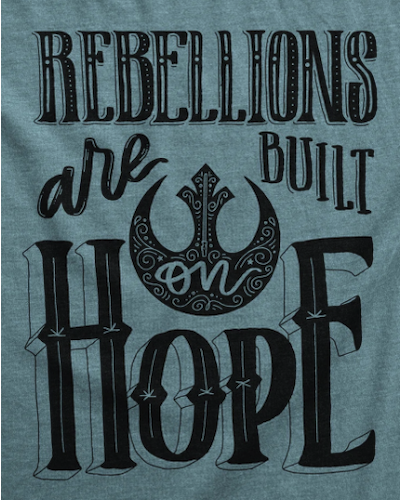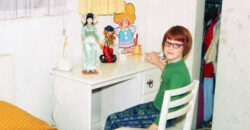Hope is a Verb

“Everything that is done in this world is done by hope.” -Martin Luther
This week has been dark. Friends are very sick, women are being relegated to the Dark Ages, there is barn drama and change, elder care is still so hard, racism remains a core value for many Americans, and a toddler was left an orphan after his parents were killed during the Highland Park Fourth of July parade shooting. The climate is screwed; online assaults are fierce; the rights of everyone who is not straight, white, male, and Christian are on the chopping block; and so much more.
I remember the fear of living in D.C. during the sniper attacks of 2002. People were randomly being picked off and murdered at the post office, the mall, the gas station, while putting lumber into their car at Home Depot. We were terrorized for those three weeks. Our kids couldn’t go out for recess at school.
And now, that terror is daily. Going to school, to church, to the grocery store, to a music festival, to a holiday parade celebrating “freedom”—all deadly.
We are not free. Some of us have never been free, and none of us is free from this (and other) terrors. We are those people in DC during the sniper days, putting gas in our cars while dancing a macabre dance, hopping around like possessed people to avoid being an easy target.
We must disrupt this system. And we cannot do that without a deep grounding in hope.
I know things feel hopeless right now. I’ve started fake-buying yellow villas in small Swedish villages so I can run away and cosplay Pippi Longstocking. But we cannot allow others to deny us hope. No revolution or rebellion can occur without hope. And hope is a muscle we need to exercise. Hope is a verb.
How can we build this muscle?
- By imagining the world in which we want to live, and naming it in terms that are aspirational and motivational and clear
- By taking one small step each day in the direction of that hope and vision
- By looking for evidence of good action in the world and amplifying it
- By exploring and deepening our hopefulness so it becomes intention-driven and not circumstance-dependent
- By knowing that every action we take leads us toward what we want—or away from it
- By tracking even small wins along the way
- By activating moral imagination and moral courage to move into a third way of being
- By providing social distancing for your brain at regular intervals
- By creating ‘if-then” or implementation intention strategies so if something bad happens, you will have a plan (ex. “If I’m about to doom scroll, I will get up, grab a glass of water, and go on a five-minute walk instead.”)
- By cheering for yourself and others — habits are built through deep emotion so celebrate when you and others move in the direction of hope
- By framing “failure” as feedback or learning
- By playing an infinite game (playing to learn), rather than a finite game (playing to win)
- By consistently instilling hope in others.
We cannot make change when we are wringing your hands. And we cannot wring our hands and roll up our sleeves at the same time. Let us roll up our sleeves.









